An international conference on the topic "Food Safety: Global and National Issues" was held at Samarkand State University...
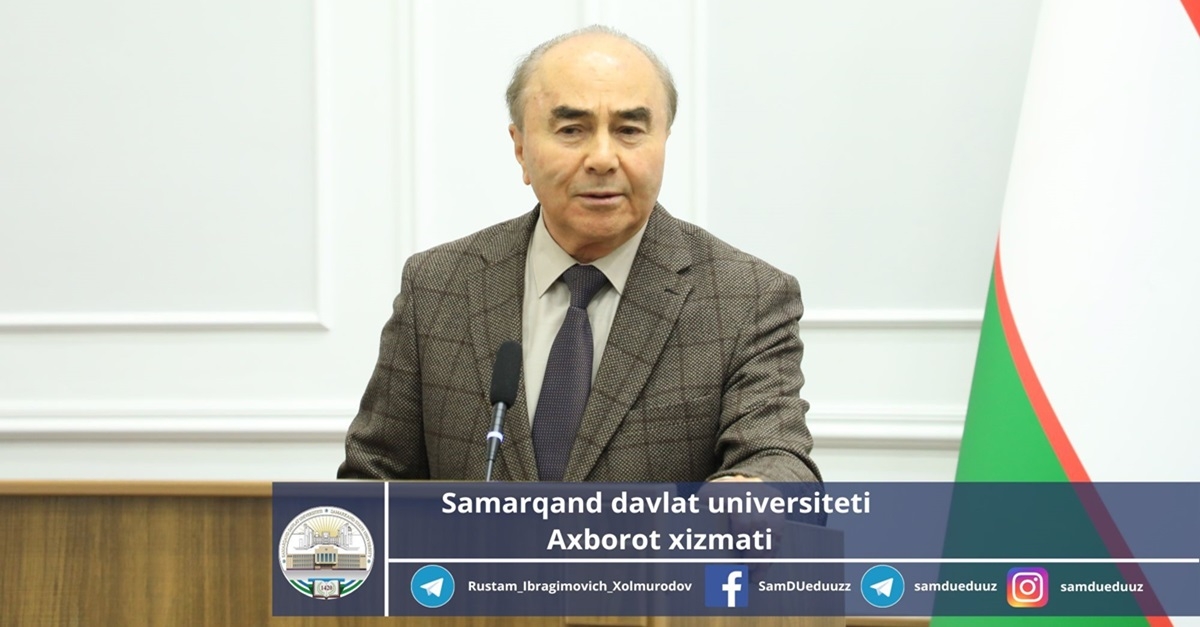
The international conference was held in collaboration with the FAO office in Uzbekistan. More than 30 foreign scientists from countries such as the USA, Russia, Italy, Iceland, Pakistan, Kazakhstan, and Tajikistan participated in the conference. Additionally, over 200 specialists from around 50 sector-related organizations in our republic attended with their presentations on food safety.
Professor Ojima Denis from the University of Colorado, Professor Dragana Randelovich from the University of Belgrade in Serbia, Professor Danilo Alberoni from the University of Bologna in Italy, Professor Muhammad Zafar from Quaid-i-Azam University in Pakistan, Yegor Ivlev, head of the Vivarium Laboratory at the Russian Academy of Sciences' Institute of Endocrinology, scientists Yekaterina Kushner, Maksim Lovat from Moscow State University, Yekaterina Litvinova, Viktoriya Bes, Polina Dubovskaya, Sayeydi Arsalan from Novosibirsk State Technical University, Professor Maya Ishmuratova from Ufa University of Science and Technology, Professor Taasilkan Jumabayeva from Osh State University in Kyrgyzstan, Professor Tohirjon Sattorov from Tajikistan's Pedagogical University, academician Bakriddin Zaripov, Professor Shoniyoz Qurbonov from QarDU, and Professor Gulnora Jambekova, deputy director of the International Molecular Allergy Center, among others, expressed their thoughts on food safety and its pressing issues.
The rector of Samarkand State University, prominent scientist of the Republic of Uzbekistan, and member of the Senate of the Oliy Majlis, Rustam Kholmurodov, opened the conference with an introductory speech:
- In recent years, food safety has become one of the most pressing issues facing the global community. The impact of factors such as severe climate change, natural disasters, water scarcity, and drought is complicating the situation. As a result, a sharp increase in food prices on the global market is being observed. This situation requires further development of the sector through the application of new innovative technologies and scientific advancements.
To thoroughly examine this important issue and to promote the rich experience accumulated by leading countries around the world at the national level, Samarkand State University has been hosting the international scientific-practical conference on the topic "Food Safety: Global and National Issues" in a traditional manner.
Bakriddin Zaripov, Professor at the National University of Uzbekistan, Academician of the World Physiological Society (Stockholm):
- In recent years, there has been an unprecedented era of reforms in the agricultural sector. The decisions made at the right time have allowed our country to achieve significant progress by increasing the production of agricultural products, as well as enhancing Uzbekistan's export potential and its position in global markets. Currently, ensuring food safety cannot be achieved within the borders of a single country. To reach this goal, it is necessary to conduct a systematic and comprehensive set of activities. Samarkand State University is participating in these reforms as one of the leading higher education institutions.
Maya Ishmuratova, Professor at Ufa University of Science and Technology:
- Currently, there is significant attention given to preserving and protecting the gene pool of unique and medicinal plant species worldwide. Particularly important is the enrichment of genetic resources of medicinal plants, which are crucial for human life, as well as the conservation of their natural reserves. Many wild-growing fruit and berry plants in nature not only contain vitamins and biologically active substances but are also sources of antioxidants. The antioxidants found in natural food products are biologically active substances that hold significant importance in our daily lives. They have the ability to prevent damage caused by free radicals in the body. These highly reactive molecules can lead to oxidative stress, which damages cells and DNA. By adding natural antioxidants to food products, manufacturers can extend their shelf life, maintain quality, and even improve taste and color.
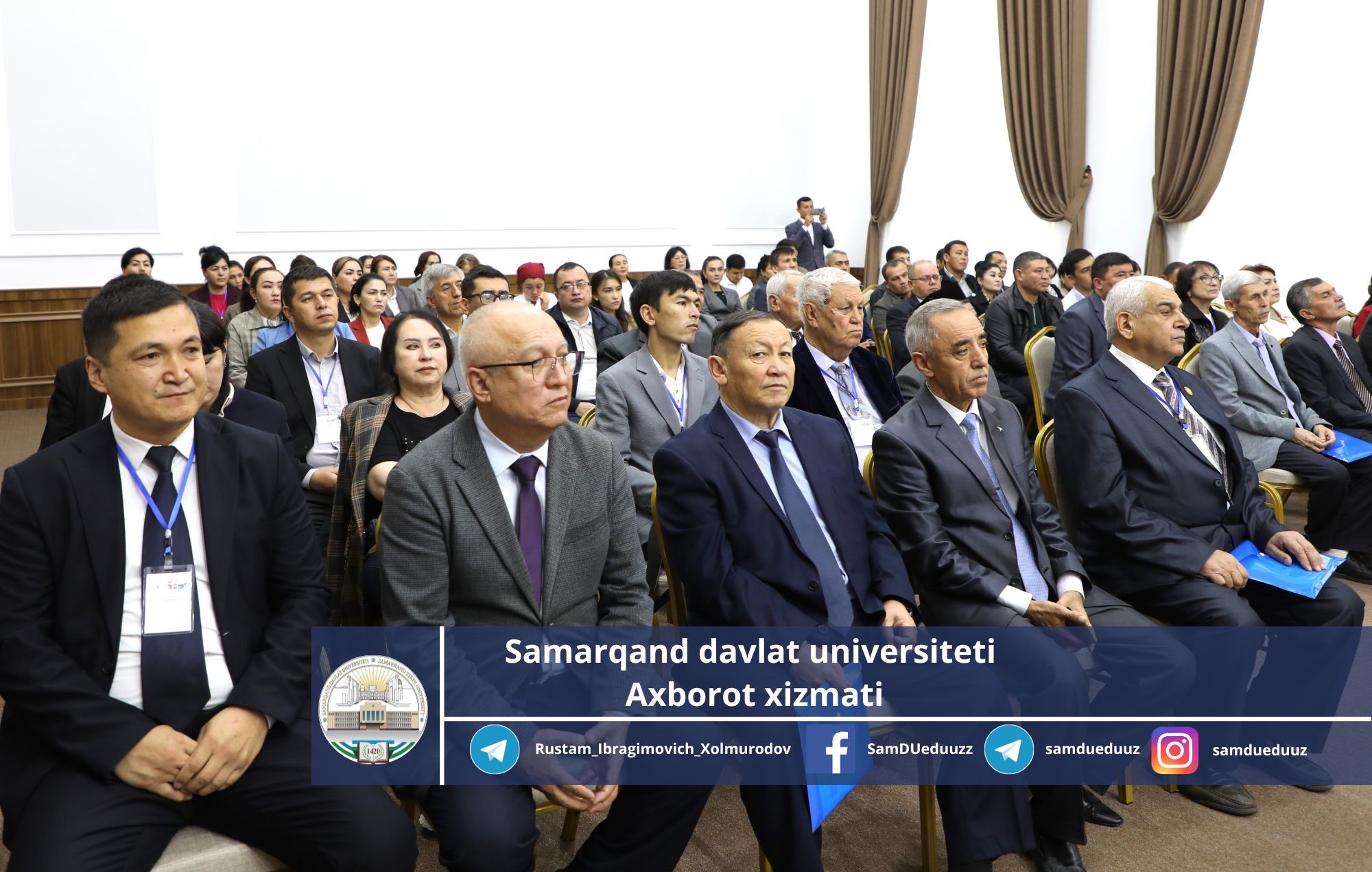



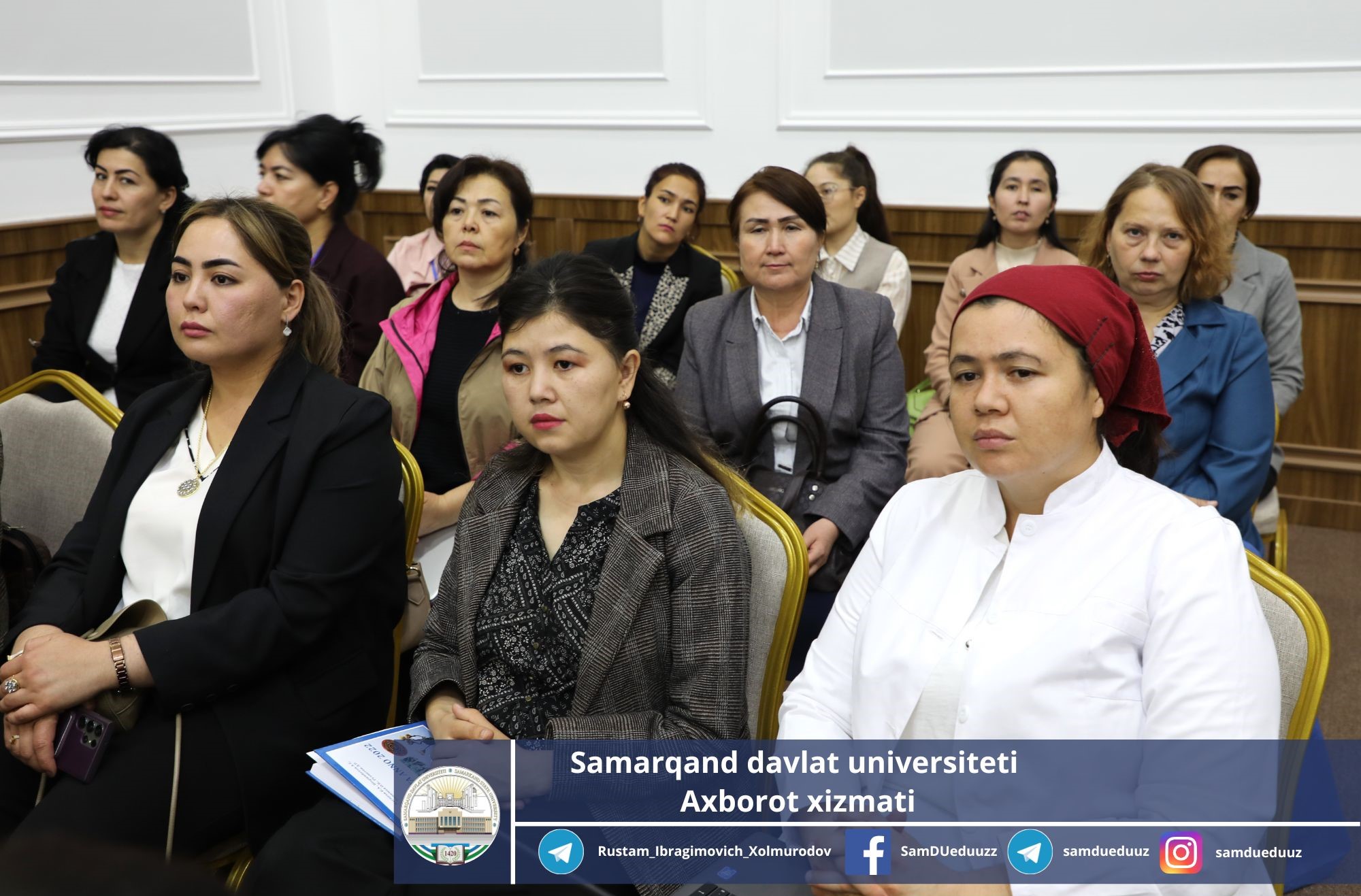
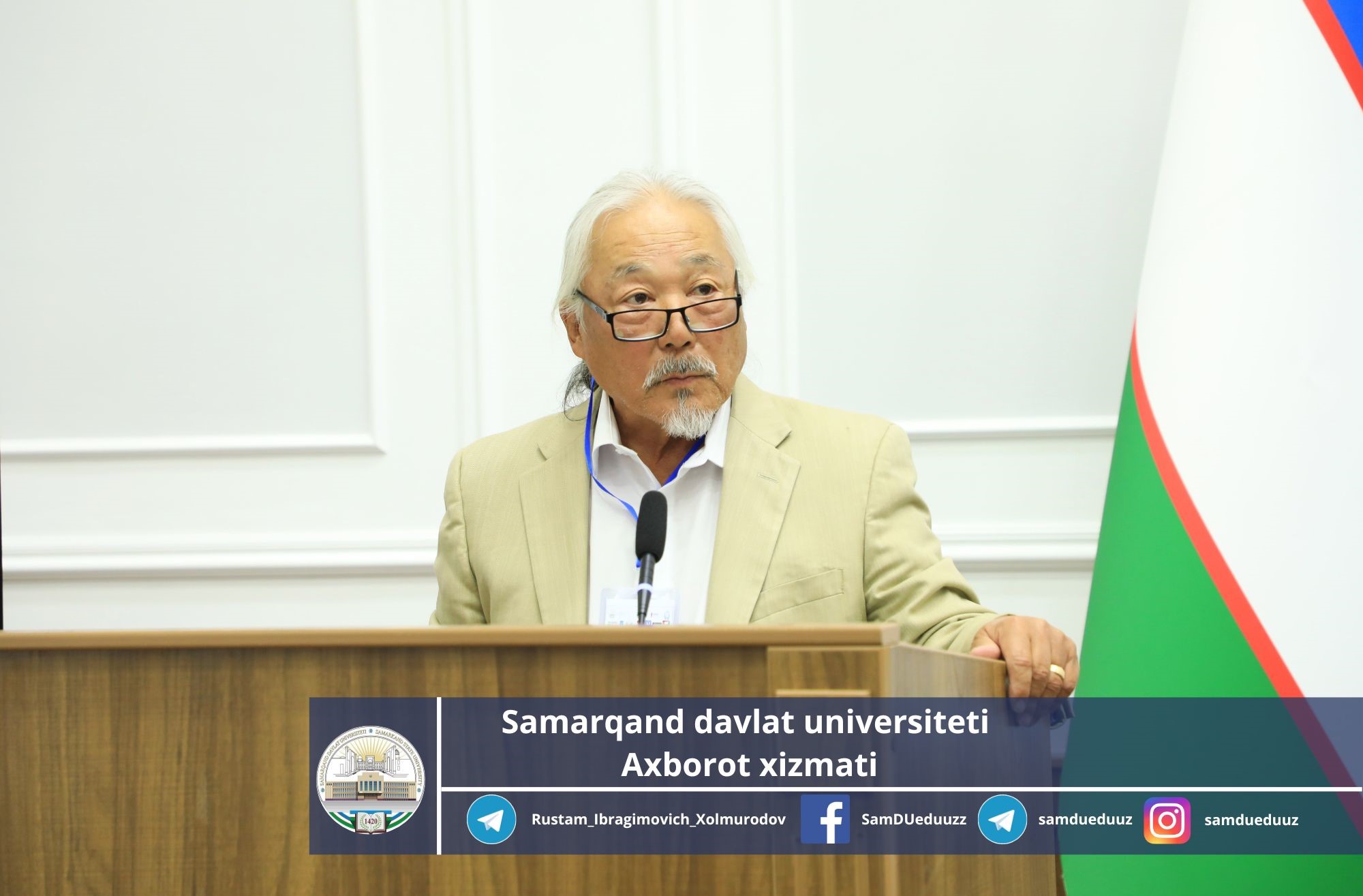
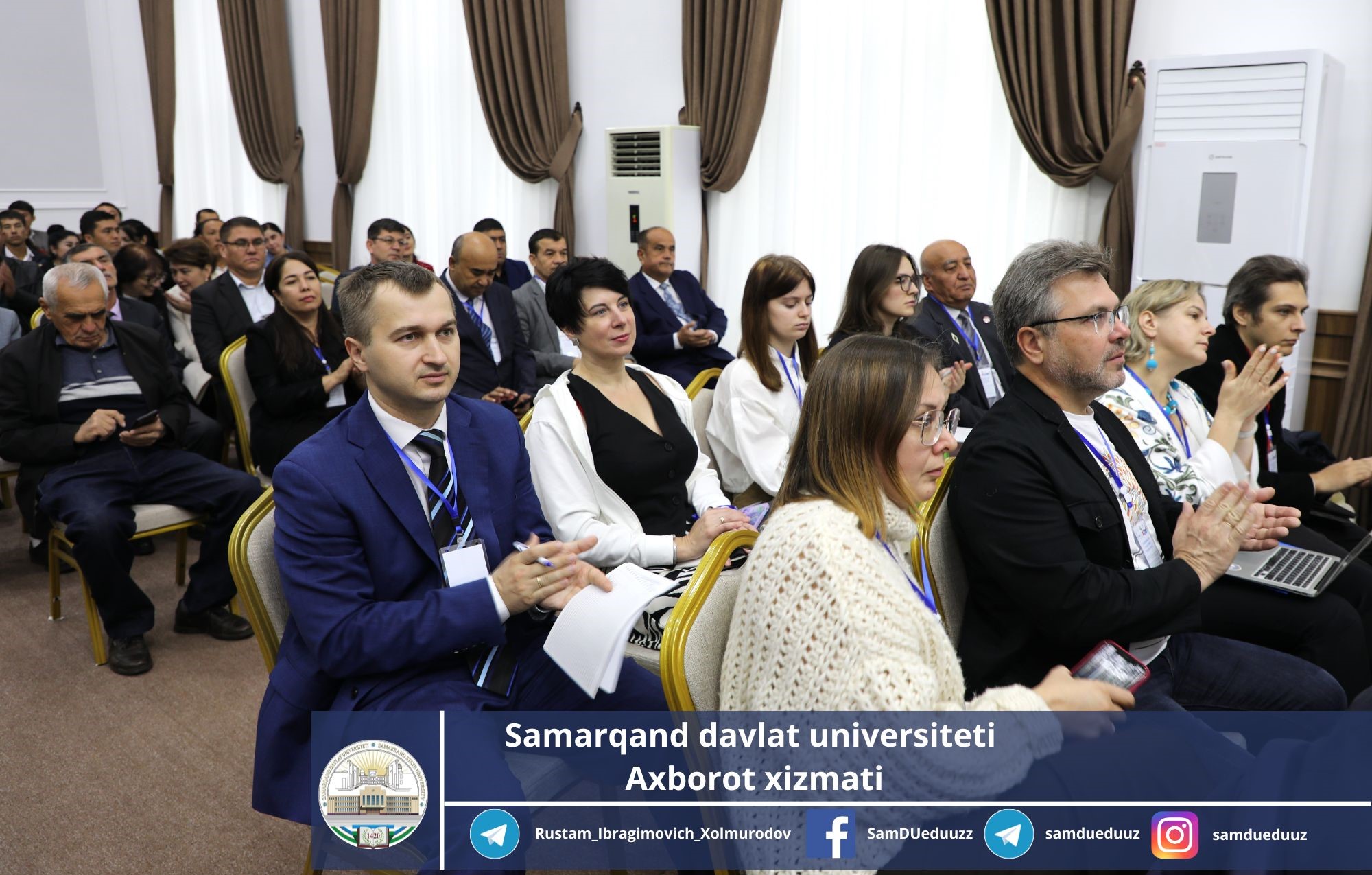
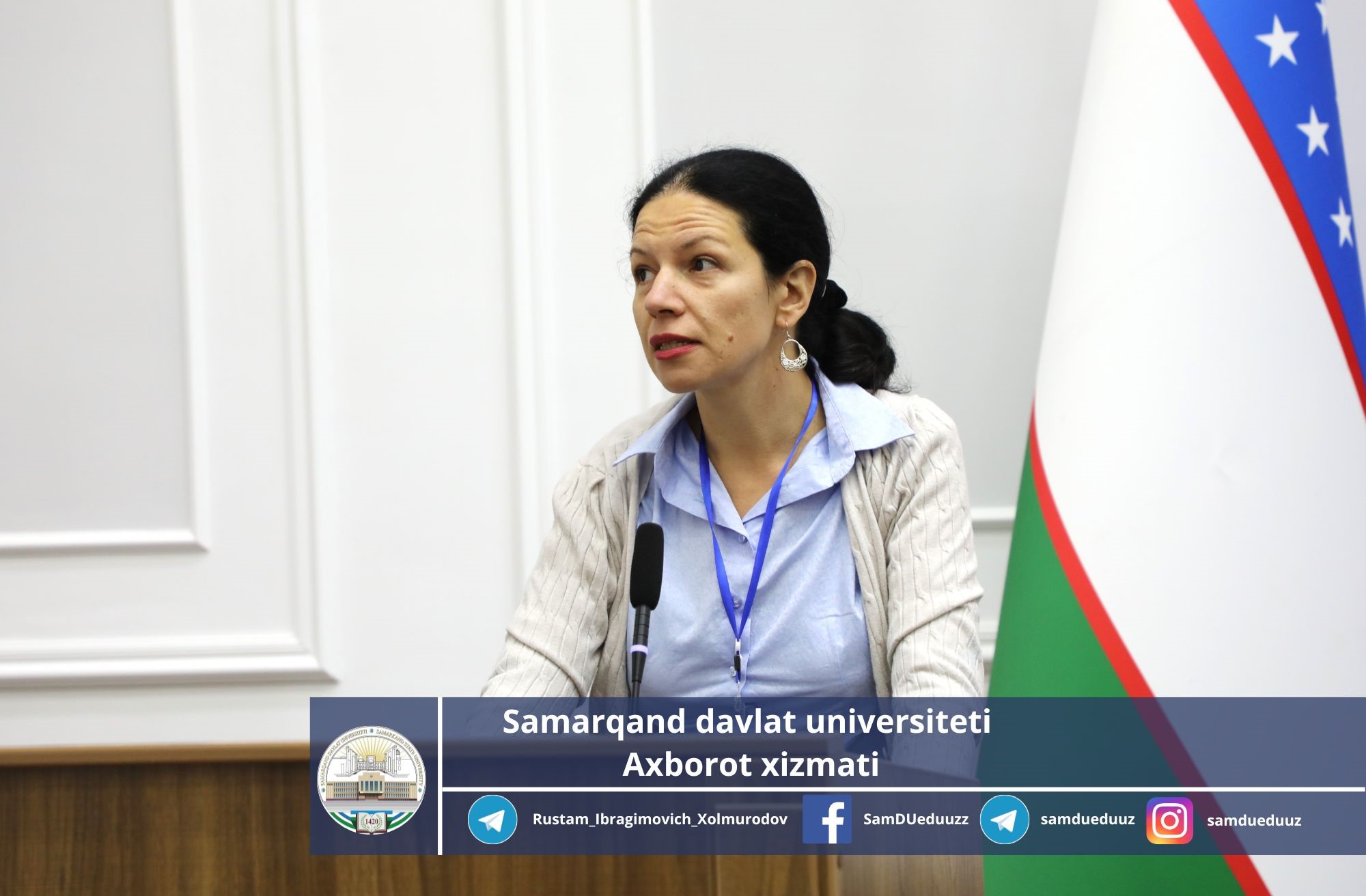
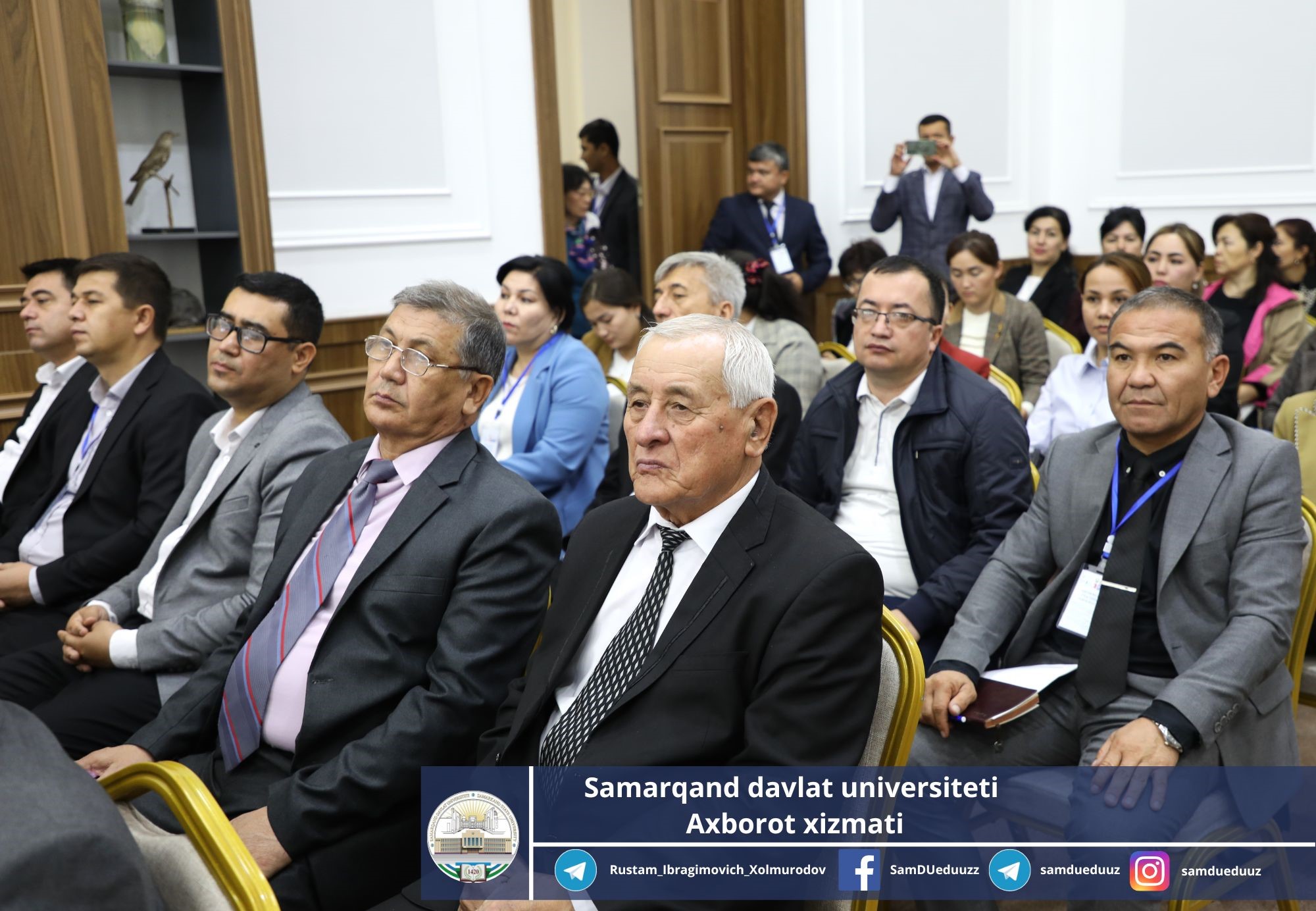
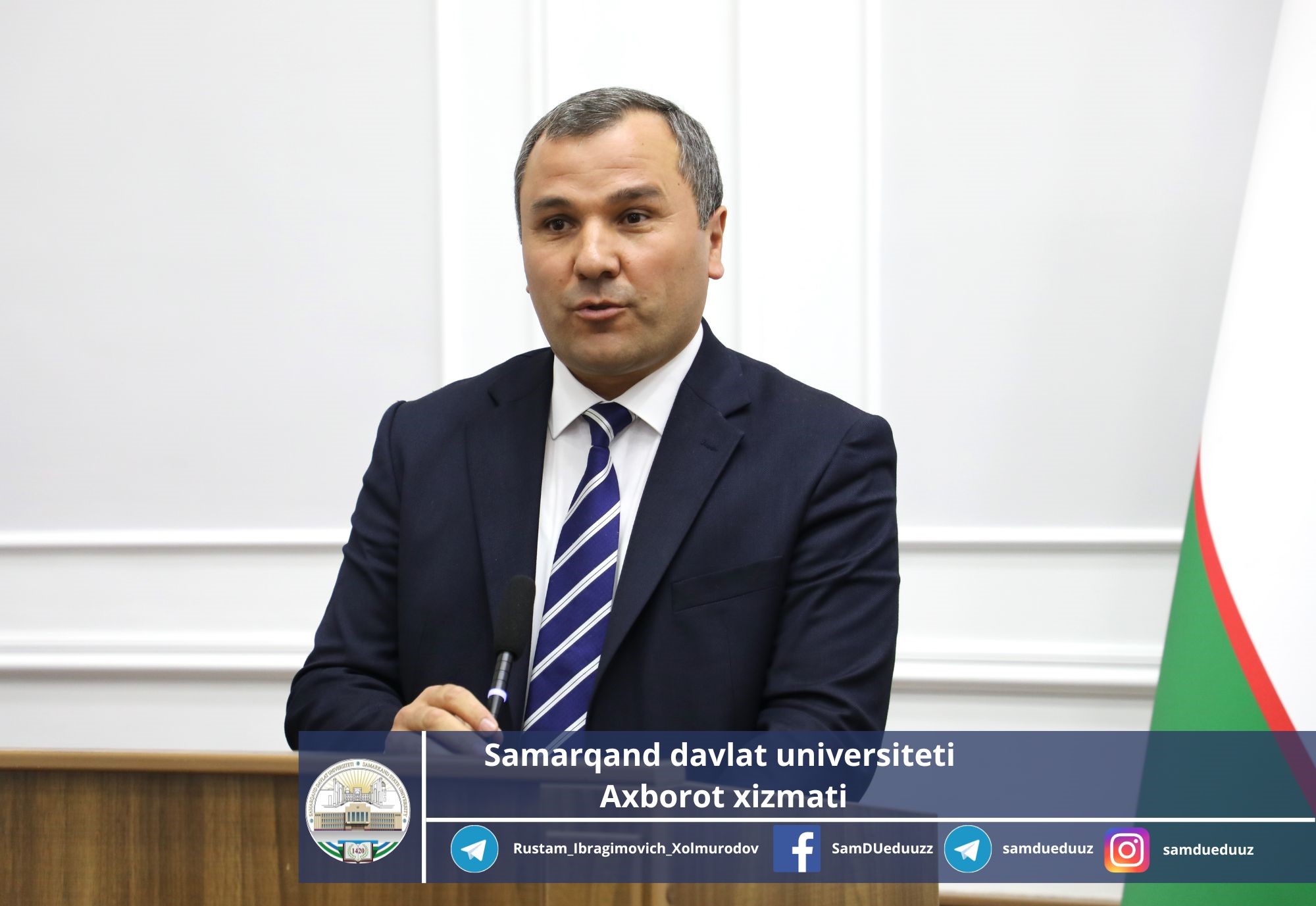

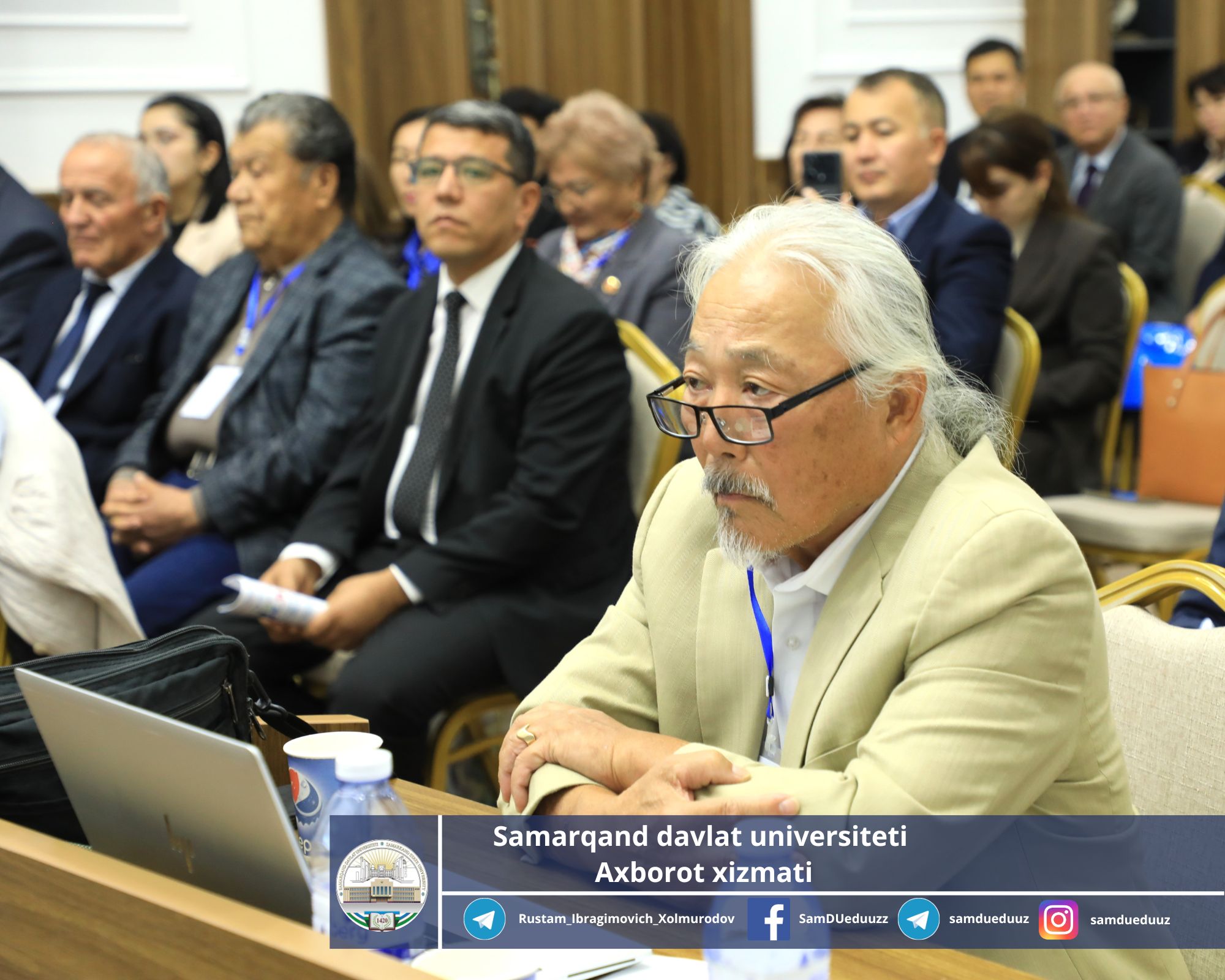
Samarkand State University
Information Service.

